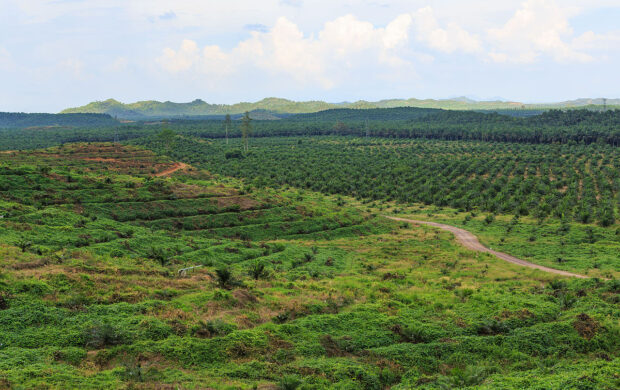Scientists from the Freiberg University of Mining and Technology in Germany have developed a method called ‘phytomining’ to harvest the rare earth metal germanium – used in computers and smartphones – from energy crops such as sunflowers, corn and reed canary grass. In brief, plants harvest precious metals which are present in the soil, and these transfer (along with essential nutrients) into the roots and eventually the shoot of the plant. Harvested plants are first fermented in biogas plants for energy. The scientists then extract the precious metals through a chemical process: as only diminutive quantities of Germanium can be produced using this approach, the extract is converted into organic solvents, and these are then vaporised to obtain the desired concentration.

According to Professor Martin Berteau, Head of Industrial Chemistry at the University, the area of Freiburg is ideal for these experiments as the ground is rich in zinc, from which germanium is primarily mined: “We have the remains of waste rock piles from mining, which germanium-rich water can drain better through. And when you cultivate plants here and give them that water, they can build up germanium reserves through normal physiological processes”.
Germanium is used in the production of computers, smartphones and fibre optic cables, as well as infra-red light applications such as intelligent steering systems and parking sensors for vehicles. The precious metal exists widespread around the globe but is complicated to extract. Currently, most of the supplies are provided by China.














